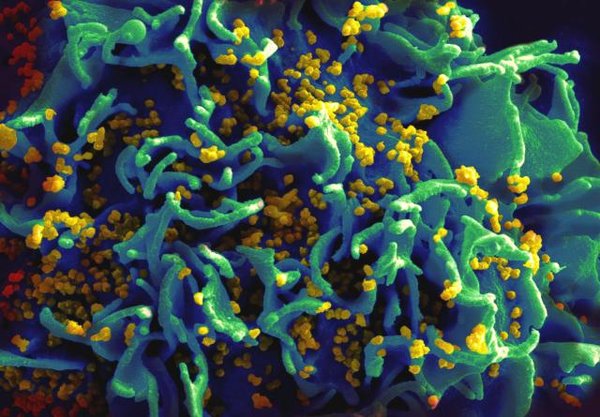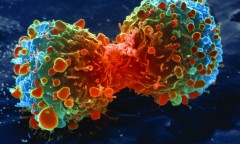By Steve Pak, | January 30, 2016

HIV Antibody
A new study has found that some strains of the human immunodeficiency virus (HIV) are developing a resistance to a key HIV drug used to treat and prevent the disease that can lead to acquired immune deficiency syndrome (AIDS). The findings highlight the need to develop other HIV treatments before they become useless to battle the disease. HIV/AIDS was the sixth highest cause of worldwide deaths in 2012.
Like Us on Facebook
The study was conducted by the University College London and published in the medical journal The Lancet. It included around 2,000 HIV patients around the world who used the drug Tenofovir between 1998 and 2015.
Researchers learned that around 60 percent of HIV patients in Africa were resistant to Tenofovir. The figure was about 20 percent in Europe.
In addition, the study showed that patients with weak immune systems were 50 percent more likely to develop a drug resistance, according to U.S. News & World Report.
Tenofovir is used to for HIV treatment and prevention. However, the new study that included 36 countries shows that the medication could be becoming less effective.
Lead author Dr. Ravi Gupta is a Wellcome Trust Senior Research Fellow at University College London. He explained that the study's findings are a big problem because Tenofovir is a critical drug in the battle against HIV because it is safe, effective, and has few side effects, according to ABC.
Gupta explained that the drug's ineffectiveness is becoming a very serious problem in Africa. The reason is that it often did not detect when HIV patients developed a drug resistance, so they could spread the virus to other people.
This situation could give HIV a chance to develop drug-resistance mutations. It happens when patients do not take the drug regularly or skip doses.
When HIV patients become resistant to Tenofovir they are required to take less effective drugs. Such second-line therapies are usually more expensive and dangerous.
Associate Professor Gilda Tachedjian of Burnet Institute in Melbourne explains that the medical world should take two steps. Patients in developing countries should be monitored for HIV drug resistance, and scientists should develop new drugs for treating and preventing HIV.
-
Use of Coronavirus Pandemic Drones Raises Privacy Concerns: Drones Spread Fear, Local Officials Say

-
Coronavirus Hampers The Delivery Of Lockheed Martin F-35 Stealth Fighters For 2020

-
Instagram Speeds Up Plans to Add Account Memorialization Feature Due to COVID-19 Deaths

-
NASA: Perseverance Plans to Bring 'Mars Rock' to Earth in 2031

-
600 Dead And 3,000 In The Hospital as Iranians Believed Drinking High-Concentrations of Alcohol Can Cure The Coronavirus

-
600 Dead And 3,000 In The Hospital as Iranians Believed Drinking High-Concentrations of Alcohol Can Cure The Coronavirus

-
COVID-19: Doctors, Nurses Use Virtual Reality to Learn New Skills in Treating Coronavirus Patients











